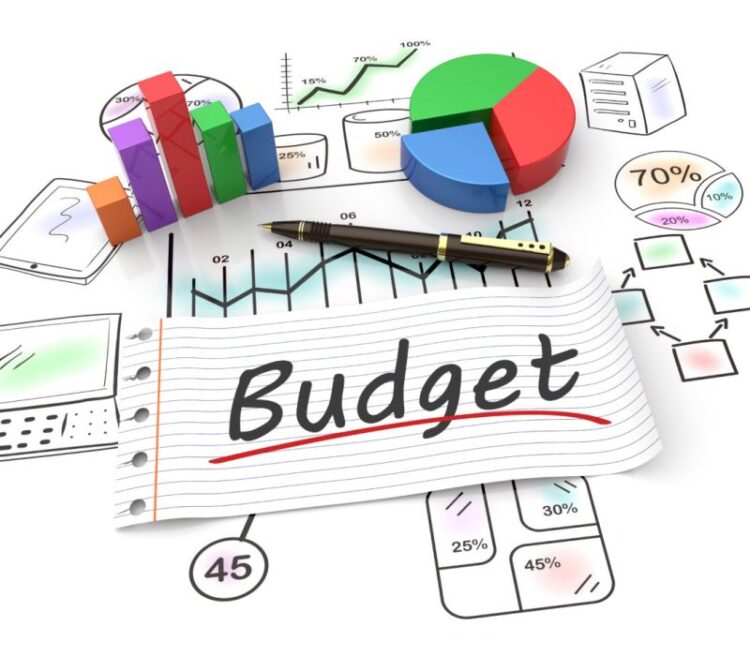Being better with your money isn’t just about making ends meet. You don’t have to have great math skills to determine whether you are staying on budget and meeting your financial goals. When you can manage your money well, you will find life is much easier since you won’t have to worry about whether or not you can afford something. If you are struggling to pay the bills, you would be wise to gain more knowledge in this area.
Page Contents
Look for Ways to Bring in Extra Income

Source: unsplash.com
If you are in debt or just need more funds, you might want to look for additional streams of income. That way, you can get out of debt faster. Consider getting a part-time job, even if it is only doing a bit of freelance work here and there. You could also consider selling extra items you no longer need. If you have a life insurance policy, you might consider selling that through a life settlement. You can look over a guide that gives you all the information you need to sell your life insurance through a life settlement. The resources from UplifeFinance can help you make an informed decision.
Avoid Committing to More Recurring Monthly Bills
Just because you qualify for a loan or can use a payment plan does not mean you should do that. Don’t assume that you can afford it just because you qualify. These companies only know how much income you have, as well as any other debts on your credit report. They do not know about other financial goals or obligations that might prevent payments from being made on time. You will have to determine whether or not you can and should make an additional monthly payment.
It is also a good idea to be careful with credit cards. If you spend a lot of money, credit cards make it all too tempting to keep spending, even once you have run out of cash. Avoid turning to credit cards when you are out of funds since you might not be able to afford to pay the balance in full. Then you will need to pay a high-interest rate, which will eat up even more of your funds.
Save Up for a Bigger Purchase

Source: unsplash.com
Need a new laptop? Looking into getting another vehicle? Start saving up for these larger purchases ahead of time. If you can delay gratification, you can avoid impulse spending, allowing you to be better with your money. Don’t sacrifice the essentials now so you can afford something you might not need right away. Then you can shop around for the best deal and decide if this is something you really need at the moment. And when you save up for something instead of using your credit card, you will not need to pay interest on it either. And you also will not need to worry about skipping a bill that you can’t afford.
Budgeting Your Spending
One of the most important aspects of any budget is the amount left over after removing the expenses from the income. If there are funds left, you can put them toward entertainment or other fun things, but only spend a specific amount in this area. Don’t go all out with these funds, particularly if your paycheck is not that large. It is possible to have fun socializing without busting your budget. Before spending the funds on anything you don’t have in your budget, ensure it will not interfere with other plans you might have.
Everything you do spend should be budgeted so you know where your money is going. Spending a little here and more there can add up quickly, leaving you wondering where your money went. Instead, track everything you spend so you can find the areas you might be overspending. By saving your receipts, you can then track each expenditure easily. Put each one in its own category so you can determine where you might be having trouble keeping things in check.
Your Budget Matters

source:themarketingblender.com
Some people don’t create a budget since they do not want to go through the process. The thought of listing out expenses and adding up numbers might feel tedious, and it can be hard to ensure that everything adds up. Still, if you find it hard to manage your money, you shouldn’t make excuses, especially if it is the only thing stopping you from being better. Don’t focus on the process of making one. Instead, think about the value it will bring to your financial situation.
Of course, it is important to make sure you use the budget since it is not useful if you just let it sit there. Refer to it often to make sure you are spending your funds wisely. You should update it each time a bill is paid. You should always know approximately how much you have left to spend during the month.
Saving for Retirement
If you are struggling to make ends meet now, the last thing on your mind might be saving for retirement. However, it is important to build up retirement stability and prepare for the future as well. You won’t be able to live off of Social Security benefits since they only replace a portion of your income. If your employer offers a 401(k) plan, you will want to try to get as much out of that as possible. Try to meet your employer’s match. It is often easier to save in these accounts since the amount is usually taken directly out of your paycheck.
Many times, these accounts have tax advantages as well since you can sometimes deduct your contributions from your taxes. If you don’t have access to one of these accounts from your employer, you can also consider using an IRA.
Check the limit that you can contribute each year. It is best to be saving at least 10 to 20 percent of your income toward retirement each year. No matter your choice of account, make sure you select your investments wisely. Don’t be motivated by greed or fear. Instead, consider speaking with a financial advisor so you can create a strategy that meets your goals and needs.





